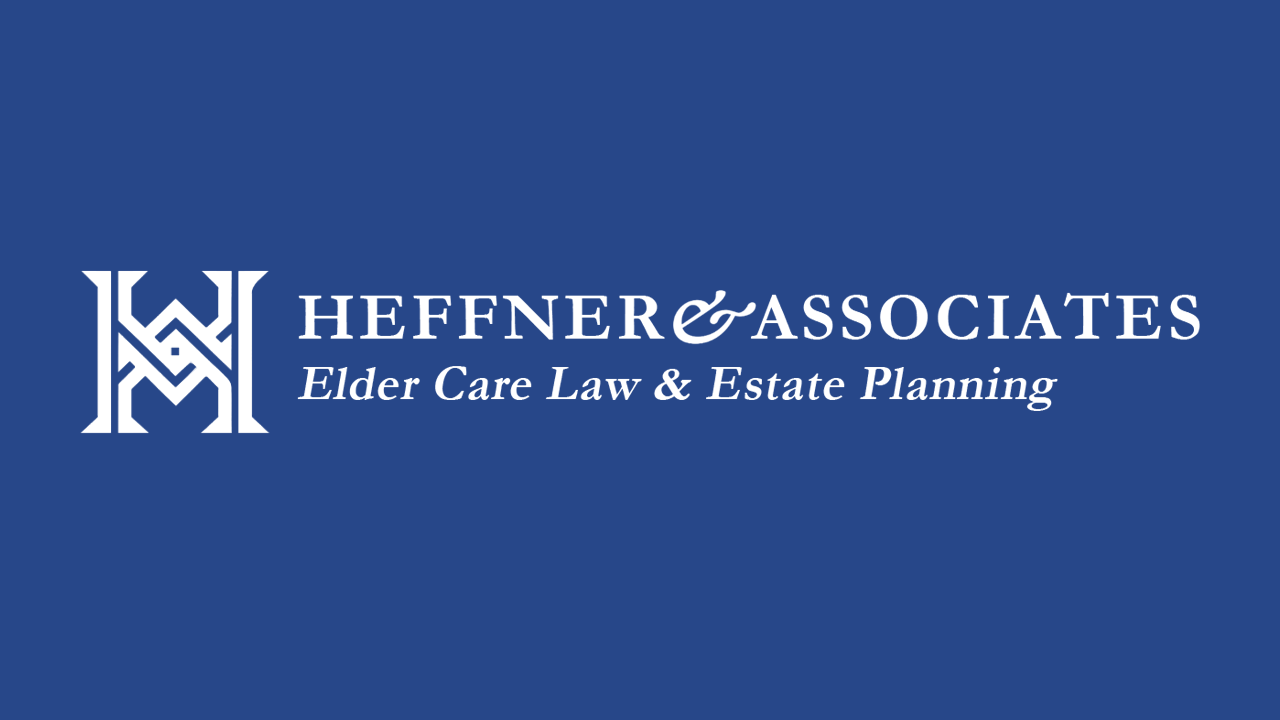A recent WJAR news report revealed some distressing statistics: that about one in 10 older adults are victims of elder abuse–and the number of abused older adults is growing.
What is elder abuse?
According to the National Adult Protective Services Association, it’s a “form of mistreatment by one individual that causes harm to another person”. That can be:
- physical or sexual abuse
- emotional/psychological abuse or isolation
- neglect or abandonment
- financial or material exploitation
Where does elder abuse take place?
Unfortunately, reports of elder abuse frequently come out of nursing homes. While every nursing home is different, WJAR reports that in Rhode Island, 23 of the state’s 79 nursing homes rate below average or much below average for quality care.
Financial abuse and fraud are also skyrocketing, according to a different WJAR report. Exploitation can be at the hands of family members or other caregivers, or scam artists.
And despite statistics that show growing reports of elder abuse, we also know the numbers are likely much higher, because elder abuse is of the most under-reported crimes.
Often the perpetrator is also the elderly person’s caregiver, putting the abused person in an extremely vulnerable position. According to Special Assistant Attorney General of Rhode Island Molly Kapstein Cote, “They are terrified that if they turn that person in, they’ll have no other person to take care of them.”
What are the signs of elder abuse?
Some of the most common injuries arising from neglect and abuse in nursing homes are bedsores, fractures or broken bones due to falls, medication errors and infections.
In the victim, other signs can include inadequately explained bruises, burns or sores; uncharacteristic changes in behavior; lack of basic hygiene; and a lack of medical aids (dentures, glasses, hearing aids, etc.).
When the abuser is the caretaker, something that may be warning signs include verbal aggression; controlling behavior; isolating the senior; and having control over finances but failing to provide for the elder’s needs.
Find an in-depth list of elder abuse red flags here.
What should I do?
Molly Kapstein Cote reminds everyone that Rhode Island is a mandatory reporting state. That means if you suspect abuse or financial exploitation, you have a mandatory duty to report it. Don’t be embarrassed or scared to come forward.
“I’m not encouraging people to turn on their family members, but you don’t have to be manipulated and have money stolen, have your life ruined by a family member. You don’t have to accept that,” says Bristol County DA Thomas Quinn.
You can report abuse–anonymously, if you wish–24 hours a day, 365 days a year by calling 401-462-0555 (Rhode Island Elder Protective Services).
If someone is in crisis or the victim of violence, call 911.
